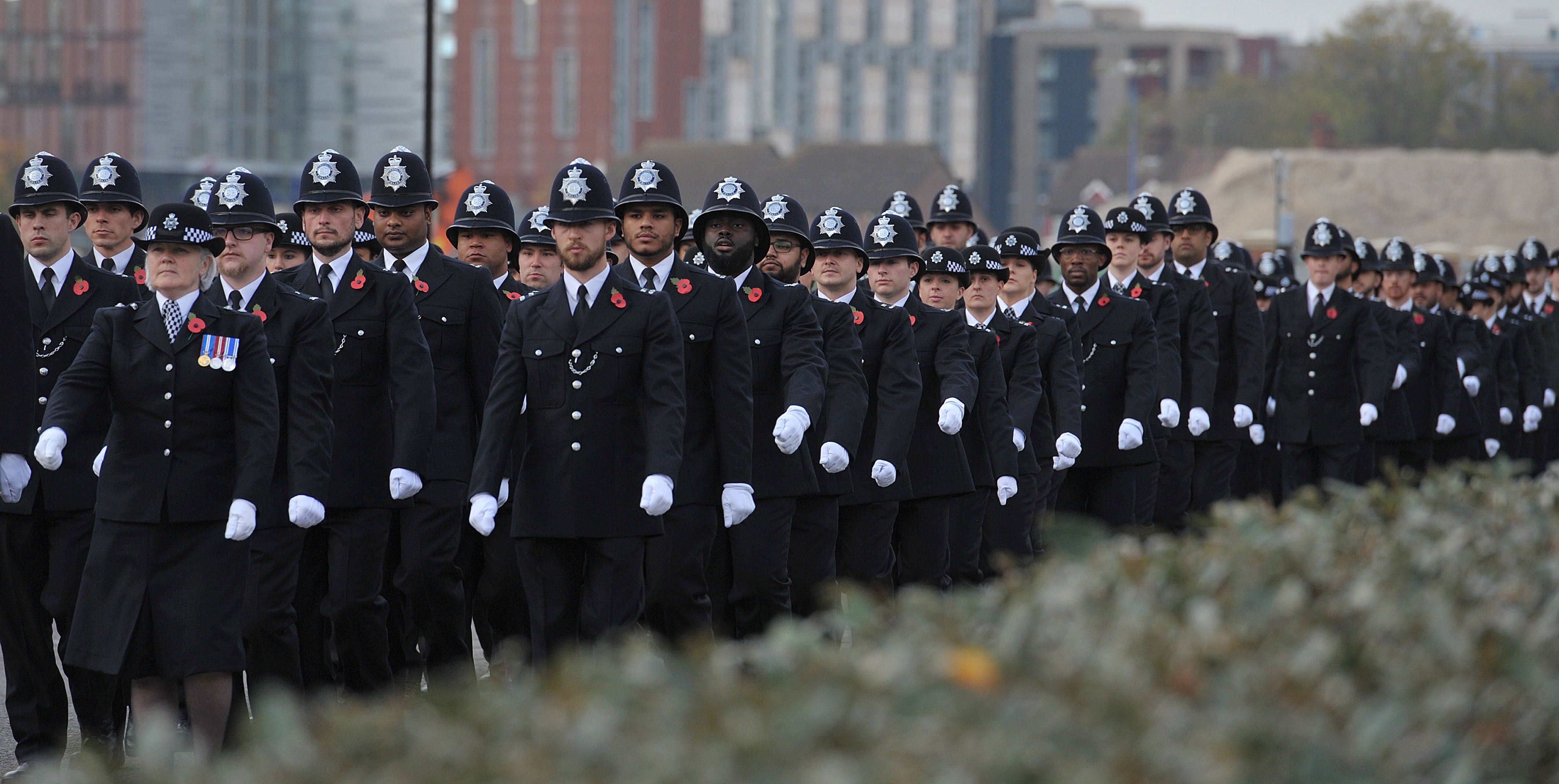Survey of new recruits reveals ‘challenges for policing’
Some 3,462 new officers responded to the Police Uplift programme survey last year.

Your support helps us to tell the story
From reproductive rights to climate change to Big Tech, The Independent is on the ground when the story is developing. Whether it's investigating the financials of Elon Musk's pro-Trump PAC or producing our latest documentary, 'The A Word', which shines a light on the American women fighting for reproductive rights, we know how important it is to parse out the facts from the messaging.
At such a critical moment in US history, we need reporters on the ground. Your donation allows us to keep sending journalists to speak to both sides of the story.
The Independent is trusted by Americans across the entire political spectrum. And unlike many other quality news outlets, we choose not to lock Americans out of our reporting and analysis with paywalls. We believe quality journalism should be available to everyone, paid for by those who can afford it.
Your support makes all the difference.The experience of new police recruits as part of the Government’s bid to hire 20,000 more officers is “less positive” for those from ethnic minority backgrounds, a survey suggests.
The findings from the Home Office research raises “challenges for policing”, according to a report published on Wednesday which also warned how some trainees said tension and stress from their job is adversely affecting the rest of their life.
Some 10,206 new police officers from all 43 forces were invited to take part in the Police Uplift programme survey online between March and April last year and 34% (3,462) responded.
The results show 91% of respondents who were white were satisfied with the role as a police officer, compared to 85% of those from a black, Asian, mixed or other ethnic minority background.
The findings also raise some challenges for policing. They highlight that while the experiences of new officers from ethnic minority backgrounds were positive overall, they were less positive than those of their white colleagues
Overall, around 90% of new recruits were either “very satisfied” or “fairly satisfied” with the job and the experience of signing up was “positive overall for new police recruits across England and Wales. But 2% of the recruits who took part in the survey said they were “not at all satisfied” with their job.
While the survey findings indicated most new officers felt respected, welcomed, treated fairly and “able to bring their whole self to work without judgment”, lesbian, gay and bisexual officers, as well as those from an ethnic minority background, those aged over 40 and those with a disability “were all less likely to agree”.
According to the results, 62% of Black, Asian or mixed officers felt fully included at work, compared to 78% overall.
Most new officers indicated the role “met or exceeded their expectations”, with job satisfaction and the support provided by line managers and tutor constables “also high”, the Home Office said.
Fewer than one in five new recruits indicated the police officer role fell “below the expectations they had before joining”, with 4% saying the role was “a lot worse than they expected”.
“There were also encouraging findings regarding new officer retention, as more than eight in 10 new officers indicated they intend to stay in the service until retirement or pension age”, the government department said.
Although around 1% of those who responded “expressed a clear intention to leave their role in the near future”.
The report added: “The findings also raise some challenges for policing. They highlight that while the experiences of new officers from ethnic minority backgrounds were positive overall, they were less positive than those of their white colleagues.
“There are also challenges to consider around new officer wellbeing, as one in four reported ignoring their personal life needs due to work strain, while one in three agreed that tension and stress from work adversely affect the rest of their life.”
The variety of the role, the excitement of the work, the chance to help people and the career opportunities were the “most influential factors for new officers when deciding to join the police service”, according to the survey.
Salary prospects and the status of the job were among other factors which were less influential.
The new recruits held a variety of jobs just before becoming police officers, with the most coming from retail and customer services (18%) as well as defence, military, security and emergency services positions (17%). Some 10% came from hospitality and catering.